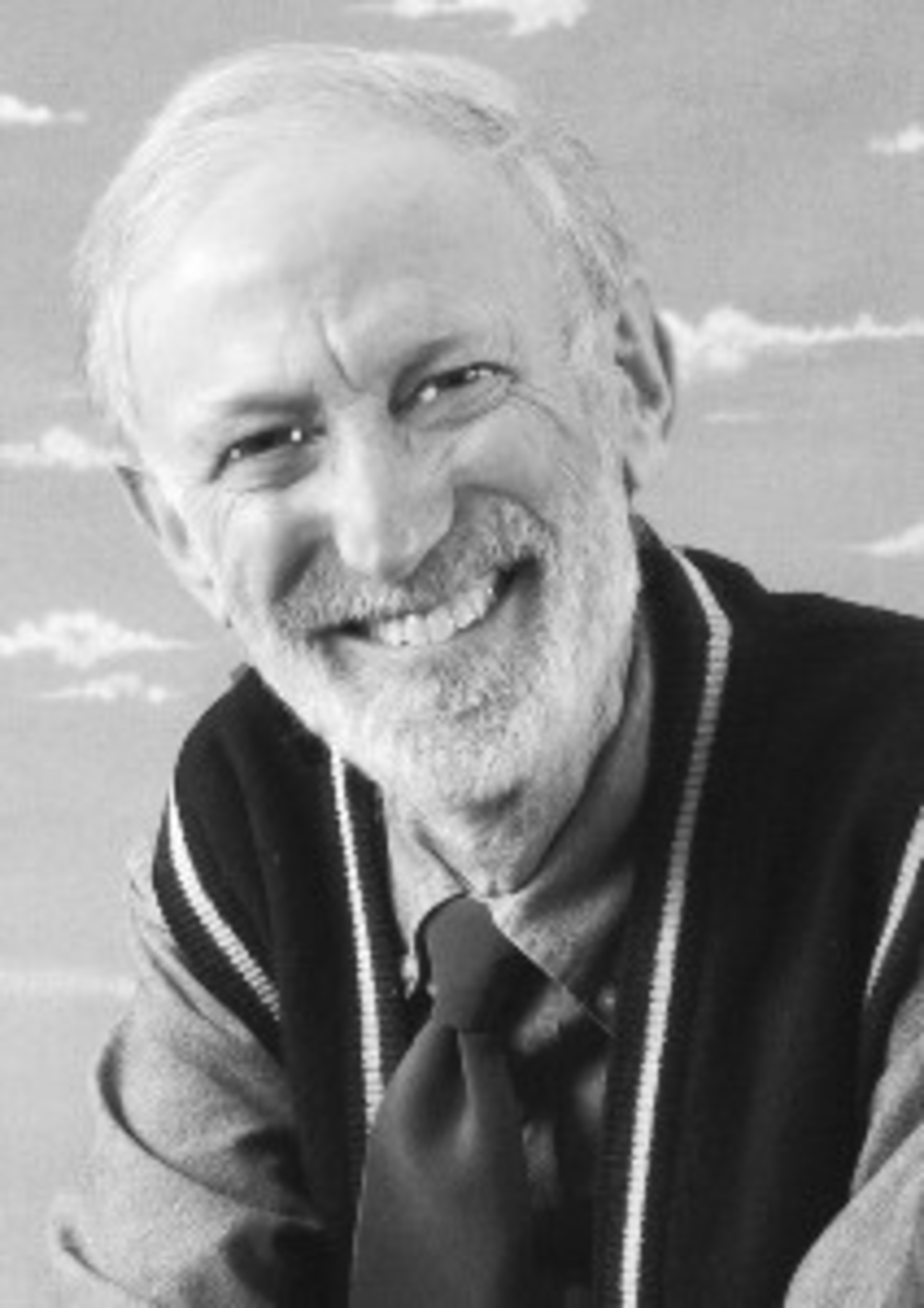On Presidents Day, ambivalence
I grew up with “1001 Famous Poems,” a leather-bound collection of verses that was a gift from a school librarian to my dad. The volume contained an ode by Sir Walter Scott to the virtue of patriotism. I promised myself to tackle that issue this month, when we salute our presidents.
It’s a quite unfashionable – and questionable – virtue these days to echo Scott’s words, “Breathes There the Man”: “Breathes there the man with soul so dead who never to himself hath said, this is my own, my native land!”
Yes, we were in the slavery trade. Yes, we stole the land from its indigenous inhabitants. Yes, we exploited its rich gifts and spoiled the terrain, stripping it through “capitalist” economic policies of tragic consequences.
I always knew these things. I read Holling C. Holling’s responsible account of our history; his “Little People Who Became Great” celebrates the exceptions to the rule of celebrating only commercial victories.
I never admired the successes of such bigots as Henry Ford and the glamorous Charles Lindbergh, no, no, never! And yet, I saluted the flag, recited the Pledge of Allegiance and sang “God Bless America, Land that I Love!” with genuine loyal affection.
Throughout my earliest boyhood years I watched, listened and considered the evolution of the “Allies.” Stalin signed a non-aggression pact with Hitler! President Franklin D. Roosevelt and his State Department kept desperate Jews out of the safety and freedoms of America! Winston Churchill used the power of his words to declare, “We will never surrender!”
All these ideals of my grammar-school years have stayed with me, somehow, in the form of something like “patriotism.” The proud product of the Hollywood of the studio years, never really quite adequately acknowledged, but my – our – personal generational heritage.
When Brown students throw blood-red paint on a statue of Christopher Columbus, I cannot resist coming up with alternative avenues for our recognition of his ... achievements? Simon Wiesenthal published one such account, titled, “Sails of Hope: The Secret Mission of Christopher Columbus,” which is available in some public libraries.
Our local Italian community lays claim to Columbus as a rescuer of the condemned victims of the Spanish Inquisition, perhaps seeking a safe haven for those doomed to die at the stake. Poets and sculptors have depicted his name and fame diversely.
As our respect for debunked historic figures has diminished dramatically, what will be left of the very concept of that phrase, “my own, my native land”?
I ask the question, and seek at least a partial answer, but remain ambivalent. I welcome an examination of the profound problems targeted by current resistance movements. Nevertheless, I retain my devotion to the lyrics of Irving Berlin, “Stand beside her, and guide her, through the night with the light from above.”
And I have to confess and admit that the main reason we kept the complete works of Sir Walter Scott on a parlor shelf around the hearth and heart of the household was that ... the bindings were elegant and added “class” to the living room!
MIKE FINK (mfink33@aol.com) teaches at the Rhode Island School of Design.








